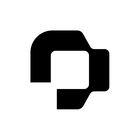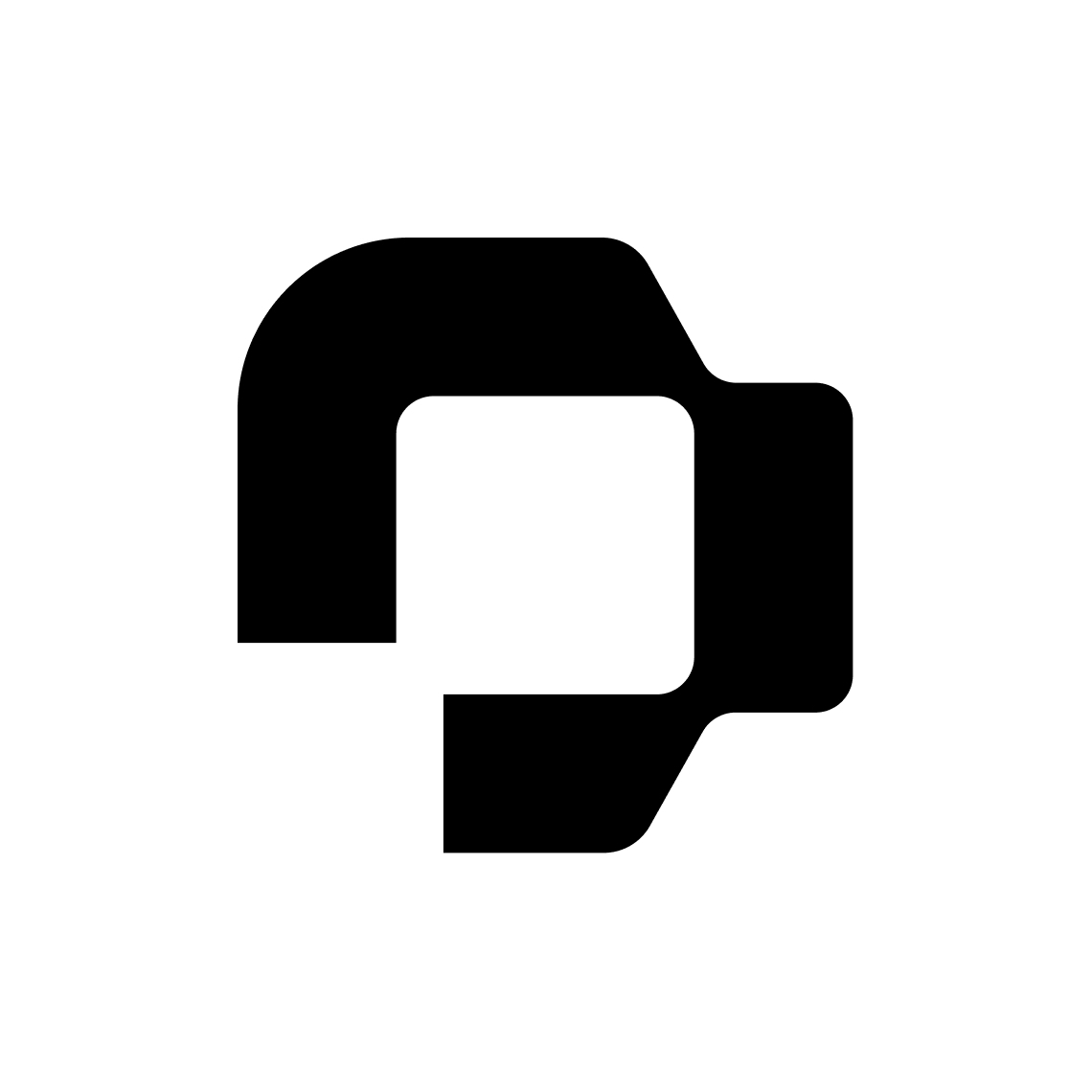A friend recently asked me why companies still require people to make a telephone call to ‘call in in sick’. This got me thinking, most of the absence notification procedures I see in my capacity as an HR consultant still state that if a colleague is sick that the process they should follow is to make a telephone call personally to their line manager, and in most cases there is a minimum time allowance also mentioned for example 2 hours before they are due to start work.
The policy of telephoning in sick has it’s origins back when HR, or should I say Personnel operated in a more rules enforcement capacity and we were mainly responsible for hiring and firing and often got the reputation of the work police, which in my personal opinion had some warrant (excuse the pun).
At that time the telephone was the most efficient way to communicate quickly, so it made sense to ask for notification that way, but we’ve come a long way since then.
Can you think of the last time you called someone to tell them you weren’t able to make dinner or attend a social event? Most of us prefer to send a message instead, and most of us would prefer to receive a message too.
So why do we still require employees to personally make a call to their line manager when they are unwell?
Surely being notified and communicating by other means such as a team’s message, email, whatsapp or text message is sufficient, basically any form of notification in writing should suffice. In fact, it actually gives us something in writing which can be invaluable when managing attendance, as it provides clear, time-stamped evidence of notification.
Forcing unwell employees to make a phone call is not only outdated but can feel unnecessarily punitive. I feel that the argument that it “deters” absence reflects an old-school, mistrustful culture which is at odds with the modern, inclusive workplaces we aim to build. What should matter is that managers are notified as early as possible so they can put appropriate cover in place.
I am of the opinion that organisations should update their policies to allow written notification of absence via other means like email, messaging platforms, provided they are sent directly to the manager and within the required timeframe. This change respects employee wellbeing, reflects current communication norms, and maintains operational effectiveness.
I’d be really interested to know everyone else thoughts and opinions on this?















